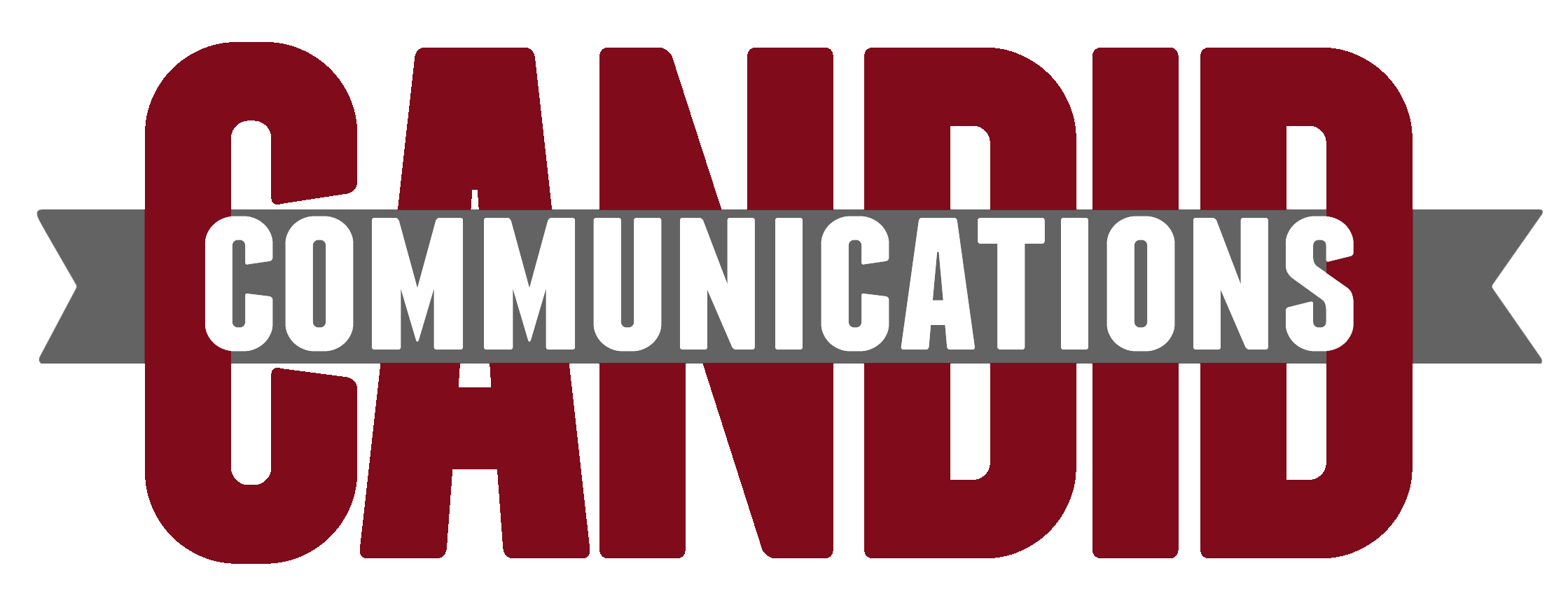Sleep is super important for our health and how we feel every day. But many experts say that most of us aren’t getting enough good-quality sleep. Why is that? Even though we know how important it is, we still struggle to get the rest we need. This shows that we really need to focus on sleeping better if we want to stay healthy and full of energy.
To help ensure that you’re getting the sleep you need to thrive, I’ve generated this guide to getting a better night’s sleep. Are you ready for some serious rest?
Why is sleep so important?
Sleep is an essential function for your body. It’s a chance for both your mind and body to recharge and recuperate and is vital for staying healthy. According to some experts, sleep can even stave off diseases.
Lack of sleep impacts your ability to think clearly, concentrate, retain and process memories and even communicate. As a rule, adults require between seven and nine hours of sleep a night, while children and teens need more. I’ve found 7.5 hours works for me, but I’ll gladly take 8 hours.
Getting into a good sleep routine and maintaining excellent sleep hygiene are both key for keeping you happy, healthy and well. A busy life, chaotic work schedule, poor diet and even a crowded, cluttered environment can all impact the quality of your sleep.
There are a number of changes that can help you enjoy a better night’s sleep and we will discuss the ultimate six step plan below:
1. Develop a sleep schedule
A sleep schedule is crucial if you want to enjoy restful, restorative sleep. You can achieve this by going to bed and getting up at the same time every day and not changing this by more than an hour on weekends.
Sticking to a consistent sleep cycle reinforces the natural sleep-wake cycle of your body, offering higher quality sleep.

2. Change your diet
It’s important not to eat too late or have a heavy meal before you’re planning to go to sleep. (It’s not always easy, but I love it when I stop eating late.) This can cause discomfort that can prevent you from sleeping. It’s also a good idea to avoid caffeine and alcohol because these can stimulate you and keep you awake.
While it can be tempting to keep munching and drinking before bed, this can disrupt your REM sleep cycle, reducing the quality of your sleep.
3. Create the right environment
Make sure your space is designed to facilitate a good night’s sleep. This means a room that is cool, dark and quiet.
Most important, you should primarily use your bedroom for sleeping. Do not work, watch television or eat in bed because all that can impact your sleep.
4. Create a pre-sleep routine
We taught our kids they had to do 5 things before going to bed (pajamas, brush teeth, etc.) and it worked! We adults kind of forget the magic of routings, but having a pre-sleep routine alerts your body that it’s almost time to sleep and this can result in a more restful night.
Take a long, hot bath, listen to relaxing music or try meditation for calmness. All of these send your body messages that it is almost time to sleep.
5. Get some exercise during the day
Physical activity helps guarantee a better night’s sleep, so make sure you’re getting fresh air and exercise every day.
6. Manage your worries
Worries and anxieties are also things that stop you from sleeping, so try journaling, meditating and writing to help keep your worries and anxieties in check. I’ve also intentionally stop reading work emails at night, knowing that I can better deal with them the next morning.
Final Thoughts
Developing a better sleep routine could be your secret weapon toward long-term health and success. It is hard to emphasize the importance of a good night’s sleep, but I’ve found I function better as a communicator, husband, father, neighbor – you name it. I hope you make the most of these six steps and enjoy those eight hours of shut eye.


